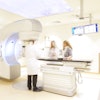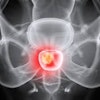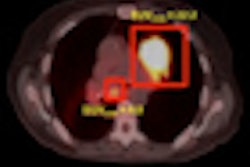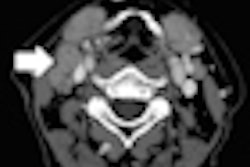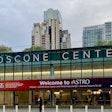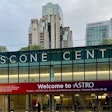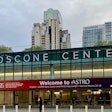When a breast cancer patient has a radiation therapy treatment, half of any residual tumor cells are killed. However, radiation therapy intended to cure patients may transform the other 50% into treatment-resistant breast cancer stem cells, according to an article published online February 10 in Stem Cells.
Radiation oncologists at the Jonsson Comprehensive Cancer Center at the University of California, Los Angeles have determined that radiation may induce a breast cancer stem cell phenotype in differentiated breast cancer cells and can regrow a tumor. The generation of these breast cancer stem cells counteracts the otherwise highly efficient radiation treatment, according to the study's senior author, Dr. Frank Pajonk, PhD, an associate professor of radiation oncology.
Using nonbreast cancer stem cells sorted from patient samples, the research team discovered that ionizing radiation reprogrammed differentiated breast cancer cells into induced breast cancer stem cells. These showed increased mammosphere formation and increased tumorigenicity, and they expressed the same stemness-related genes as breast cancer stem cells from nonirradiated samples. The irradiated breast cancer cells were then placed in mice.
Pajonk said that the study unites the competing models of clonal evolution and the hierarchical organization of breast cancers, as it suggests that undisturbed, growing tumors maintain a small number of cancer stem cells. However, if "challenged" by ionizing radiation that can reduce the number of cancer stem cells, the breast cancer cells will generate irradiated breast cancer stem cells that, together with the surviving cancer stem cells, may repopulate the tumor.
"These findings have implications for the design of novel treatment protocols that target cancer stem cells," the authors wrote. "Controlling the radioresistance of breast cancer stem cells, and the generation of new irradiated breast cancer stem cells during radiation treatment, may ultimately improve curability. It may also allow for de-escalation of the total radiation doses currently given to breast cancer patients, thereby reducing acute and long-term adverse effects."

